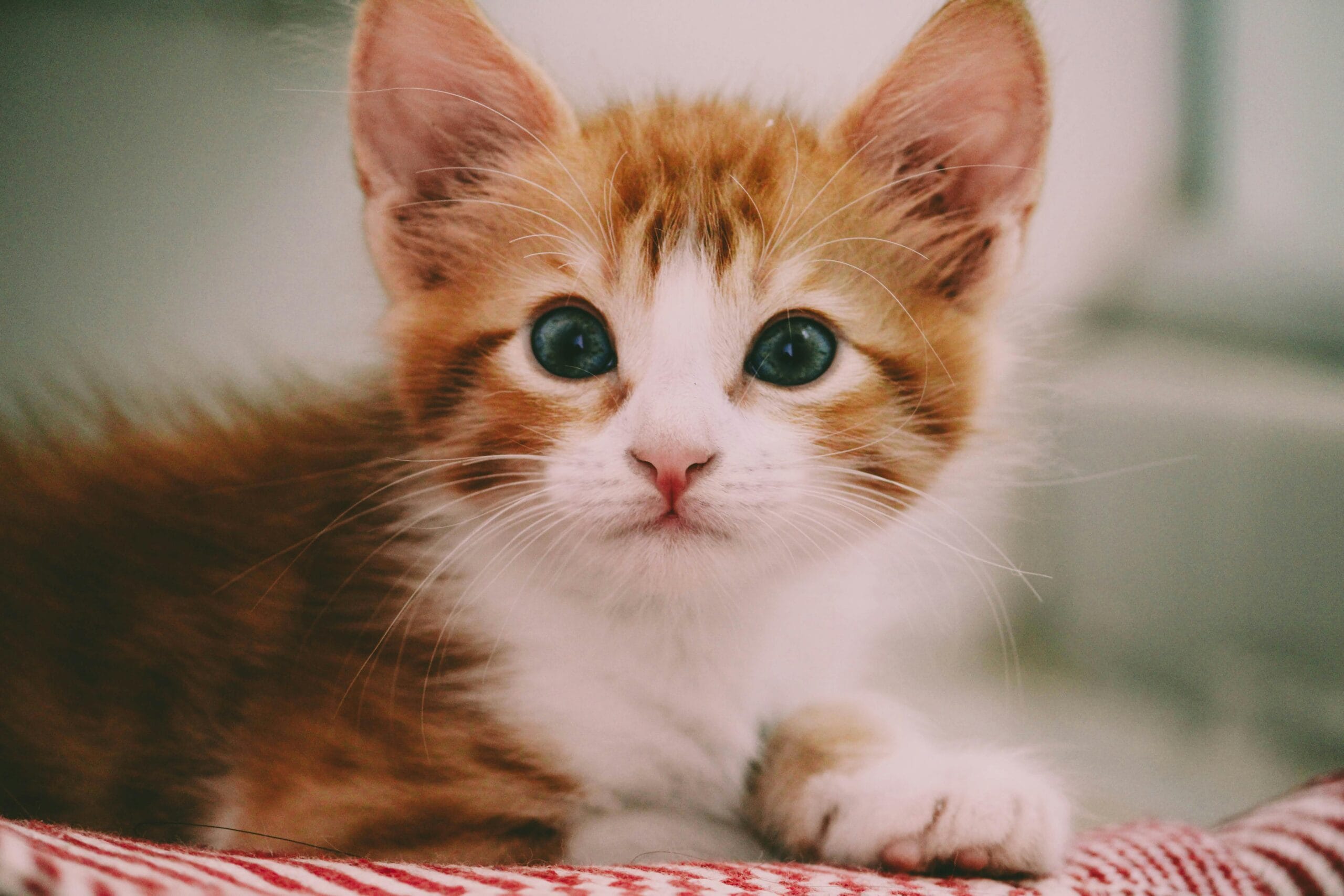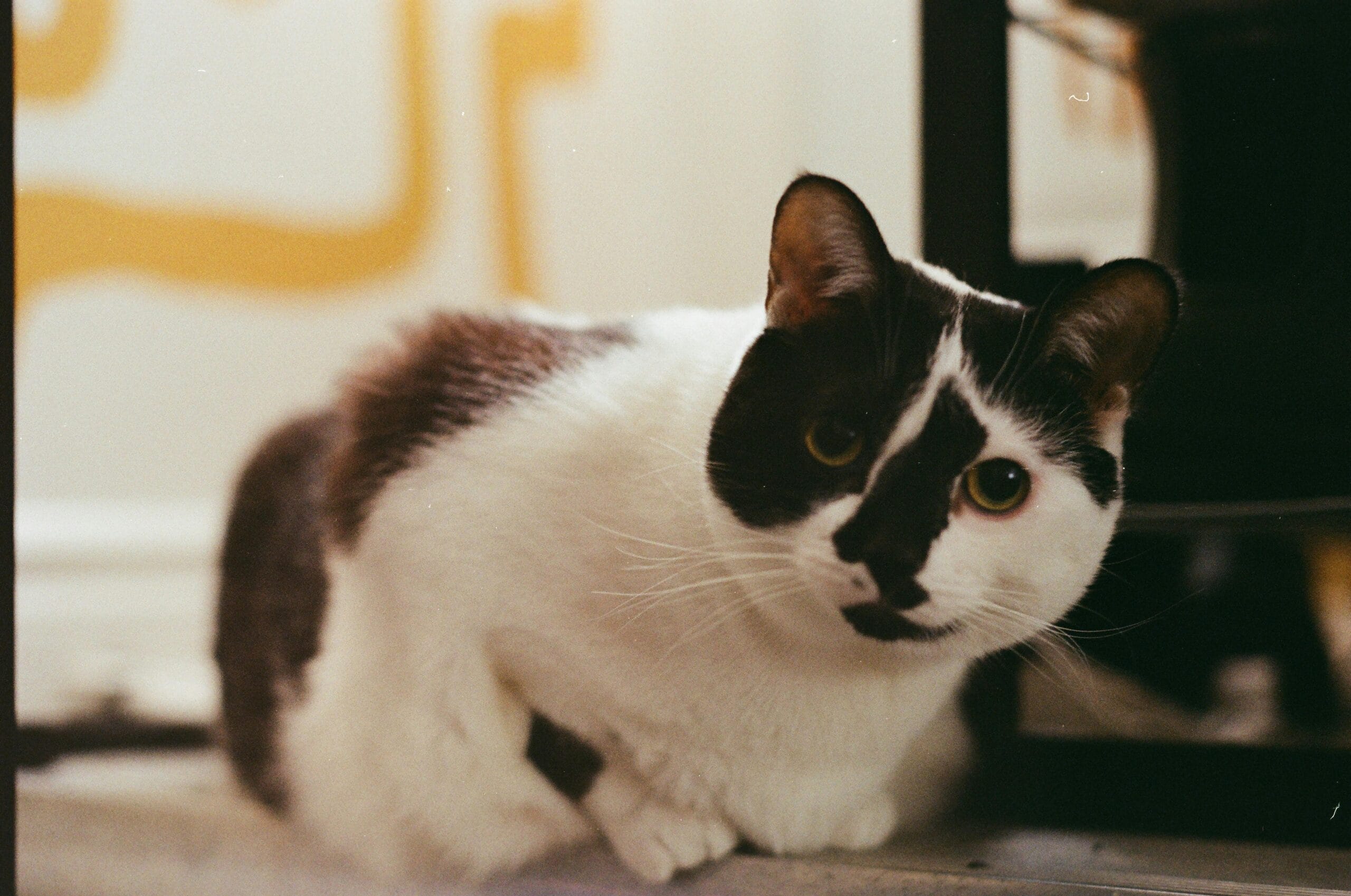Can Cats Have Ice Cream? Is Ice Cream for Cats safe? Find out the risks of cats eating ice cream & learn what treats are better for your feline friend! Discover safe alternatives now.
Can Cats Have Ice Cream? A Comprehensive Guide
The question, “Can cats have ice cream?,” is a common one among cat owners, especially during those hot summer months. While the thought of sharing a delicious scoop with your feline friend might seem appealing, the reality is far more nuanced. This detailed guide will explore the implications of cats eating ice cream, helping you understand the potential risks and benefits (if any) associated with this tempting treat.
The Dangers of Ice Cream for Cats
The simple answer is: generally, no, cats should not eat ice cream. Many ingredients in ice cream pose significant health risks to cats. Let’s delve into the specifics:
Lactose Intolerance
Most cats are lactose intolerant. This means their bodies lack the enzyme lactase, necessary to digest lactose, the primary sugar in milk. Consuming dairy products like ice cream can lead to digestive upset, including vomiting, diarrhea, and gas. The severity of these symptoms varies depending on the cat and the amount of ice cream consumed. For a further understanding of cat-friendly dairy alternatives, you might find our article on whether cats can have almond milk helpful: Can Cats Have Almond Milk?
High Fat Content
Ice cream is typically high in fat, particularly saturated fat. Excess fat in a cat’s diet can contribute to weight gain, pancreatitis (inflammation of the pancreas), and other health problems. Obesity in cats is a serious concern, often leading to a decreased lifespan and reduced quality of life. Just as with ice cream, other human foods require careful consideration. For example, you may wonder if it’s safe to share your sardines with your furry friend. We have a great article explaining this at: Can Cats Eat Sardines?
Sugar Overload
Ice cream contains a significant amount of sugar. While cats don’t have the same sweet tooth as humans, excessive sugar intake can contribute to dental problems, weight gain, and an increased risk of diabetes. Similar concerns apply to other sugary treats; for instance, check out our guide on whether cats can have cherries before offering them any.
Artificial Sweeteners (Xylitol)
Some ice creams contain artificial sweeteners, especially xylitol, which is extremely toxic to cats. Even small amounts of xylitol can cause a dramatic drop in blood sugar levels, leading to liver failure and even death. Always check the ingredients list carefully before considering giving your cat any food containing artificial sweeteners. This careful consideration should be applied to other foods too, such as lettuce, to ensure your cat’s safety.
Other Additives
Ice cream often contains other additives, such as artificial colors, flavors, and preservatives, which can cause allergic reactions or other adverse health effects in sensitive cats. The potential for unknown reactions highlights the importance of sticking to a cat-specific diet. For instance, understanding the effects of fruits like grapes is equally vital in ensuring their safety.
Ice Cream Alternatives for Cats
If your cat seems to crave a cool treat, there are safer alternatives to ice cream. A few options include:
- Water: Plain, fresh water is the best and healthiest option for your cat, particularly during hot weather.
- Cat-specific frozen treats: Many pet stores sell commercially prepared frozen treats specifically formulated for cats. These treats often contain ingredients beneficial to feline health and avoid the harmful elements found in human ice cream.
- Homemade cat-friendly frozen treats: You can also make your own frozen treats using cat-safe ingredients, such as plain unsweetened yogurt (in moderation for lactose-sensitive cats), pureed pumpkin, or tuna broth. Consult your veterinarian before introducing any new foods into your cat’s diet.
What to Do if Your Cat Eats Ice Cream
If your cat has accidentally ingested ice cream, monitor them closely for any signs of digestive upset, such as vomiting, diarrhea, or lethargy. Small amounts of ice cream might not cause significant problems, but larger amounts, especially if the ice cream contains xylitol, can be dangerous. If you notice any concerning symptoms or believe your cat has ingested a significant quantity of ice cream, contact your veterinarian immediately.
Can Cats Have Ice Cream? The Verdict
To reiterate, while the idea of sharing ice cream with your beloved cat might be tempting, it’s generally not recommended. The risks associated with lactose intolerance, high fat content, sugar, artificial sweeteners, and other additives outweigh any potential benefits. Providing your cat with safe and appropriate alternatives will ensure their health and happiness. Remember, consulting your veterinarian is always the best course of action when considering dietary changes for your pet.
Understanding Your Cat’s Dietary Needs
Feeding your cat a balanced and nutritious diet is crucial for maintaining their overall health and well-being. Providing them with a diet rich in essential nutrients, avoiding human foods which may be toxic, and ensuring access to clean, fresh water are key elements of responsible pet ownership. For further insights into specific foods and their suitability for your cat, consider consulting reputable resources such as the American Society for the Prevention of Cruelty to Animals (ASPCA): ASPCA Animal Poison Control and the Veterinary Information Network (VIN): VIN. These websites offer comprehensive information on pet health and nutrition.
Frequently Asked Questions (FAQs)
Q: My cat licked some ice cream off the floor. Should I be worried? A: A small lick is unlikely to cause significant harm, but monitor your cat for any adverse reactions. Larger quantities or ice cream containing xylitol require immediate veterinary attention.
Q: Is there a type of ice cream that is safe for cats? A: No, there is no type of ice cream that is considered safe for cats. The ingredients present risks regardless of flavour or brand.
Q: My cat loves the smell of ice cream. How can I satisfy their curiosity without giving them the actual ice cream? A: Offer them cat-specific frozen treats or homemade alternatives as mentioned above. The cool sensation might satisfy the craving without harming them.
Share Your Experiences!
Have you ever had an experience with your cat and ice cream? Share your stories and insights in the comments below! Let’s learn from each other and keep our feline friends safe and healthy. Use the keywords Can Cats Have Ice Cream, Ice Cream for Cats, and Cats Eating Ice Cream in your comments for better visibility!

Frequently Asked Questions: Can Cats Have Ice Cream?
- Can cats have ice cream?
- No, cats should not eat ice cream. Ice cream contains lactose, a sugar that many cats are intolerant of, leading to digestive upset. Furthermore, the high fat and sugar content in ice cream is unhealthy for cats and can contribute to obesity and diabetes.
- Is there such a thing as ice cream for cats?
- While there isn’t ice cream specifically made for cats in the same way humans consume it, some pet stores offer cat-friendly frozen treats that are made with safe ingredients. These treats generally avoid dairy, chocolate, and xylitol, which are toxic to cats. Always check the ingredients list before giving your cat any frozen treat. Look for “Ice Cream for Cats” alternatives.
- What happens if my cat eats ice cream?
- Depending on the amount and the cat’s sensitivity to lactose, they might experience mild digestive issues like diarrhea, vomiting, or gas. Larger amounts can cause more severe problems. If your cat eats a significant amount of ice cream, contact your veterinarian.
- Are there any healthy alternatives to ice cream for cats?
- Yes! You can offer your cat small amounts of plain, unsweetened yogurt (check for xylitol!), a lick of pureed pumpkin, or even a small piece of frozen banana as a special treat. Remember moderation is key!
- My cat loves the smell of ice cream. Is it safe to let them sniff it?
- While a sniff won’t hurt, it’s best to keep ice cream out of your cat’s reach to avoid temptation. The aroma can be enticing but doesn’t negate the risks of ingestion.
- Can kittens have ice cream?
- No, kittens are even more susceptible to the negative effects of lactose and high fat content in ice cream than adult cats. Avoid giving ice cream or ice cream alternatives to kittens completely.
- Is dairy-free ice cream safe for cats?
- Even dairy-free ice cream can contain other ingredients harmful to cats, such as xylitol (an artificial sweetener) or high levels of sugar. Always check the ingredient list carefully before considering feeding any ice cream, even dairy-free, to your cat.
- My cat accidentally ate some ice cream. Should I be worried?
- A small lick is unlikely to cause major problems, but monitor your cat for any signs of digestive upset such as vomiting or diarrhea. If symptoms are severe or persist, contact your vet. “Cats eating ice cream” accidentally can happen, but prevention is better.
- What are the dangers of Cats Eating Ice Cream regularly?
- Regular consumption of ice cream can lead to obesity, diabetes, pancreatitis, and digestive issues in cats. The high sugar and fat content are detrimental to their health. Avoid the habit of “Cats Eating Ice Cream” altogether.
- Are there any specific types of ice cream that are less harmful to cats?
- There are no types of ice cream that are considered safe for cats. Even seemingly harmless flavors can contain ingredients that are toxic or unhealthy for felines. Always prioritize your cat’s well-being and avoid giving them any ice cream.

Can Cats Have Ice Cream? A Vet’s Perspective
The short answer is: no, cats should not eat ice cream. While a tiny lick might not cause immediate harm, ice cream presents several health risks for our feline friends. The high sugar content is a major concern. Cats lack the necessary enzymes to efficiently process lactose, a sugar found in milk, which is a key ingredient in most ice creams. This can lead to digestive upset, including diarrhea, vomiting, and gas. Furthermore, many ice creams contain artificial sweeteners, xylitol for instance, which are incredibly toxic to cats. Even small amounts can cause a dramatic drop in blood sugar, liver failure, and even death.
Instead of ice cream, consider offering your cat healthier alternatives. Many cats enjoy a small amount of unsweetened plain yogurt (ensure it’s lactose-free if your cat has issues with dairy), or perhaps some cooked, plain chicken or fish. Remember, always consult with your veterinarian before introducing new foods into your cat’s diet. For instance, you should avoid giving them things like grapes (see more information on https://themonstercat.com/can-cats-eat-grapes/), or cherries (check out this article for more details: https://themonstercat.com/can-cats-have-cherries/).
Another important thing to remember is that even seemingly innocuous human foods can be harmful. For example, while some cats might tolerate small amounts of sardines (find out more at https://themonstercat.com/can-cats-eat-sardines/), it’s best to avoid them as a regular treat. Similarly, many fruits and vegetables are not recommended. While lettuce might seem like a healthy option, there are considerations to take into account (read more at https://themonstercat.com/can-cats-have-lettuce/). Even seemingly healthy alternatives, like almond milk (https://themonstercat.com/can-cats-have-almond-milk/), are better avoided unless specifically recommended by your vet.
Prioritizing your cat’s health involves careful consideration of its diet. Understanding what foods are safe and what foods to avoid is essential for ensuring a long and happy life for your feline companion. Remember to always choose cat food formulated to meet their specific nutritional needs. If you suspect your cat has ingested something harmful, contact your veterinarian or an animal poison control center immediately.
Can Cats Have Ice Cream, Ice Cream for Cats, Cats Eating Ice Cream